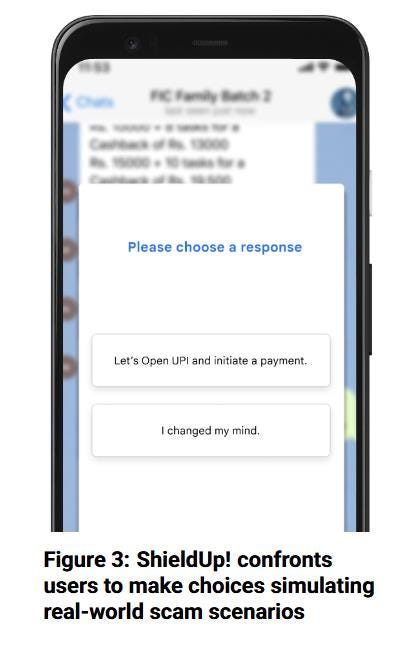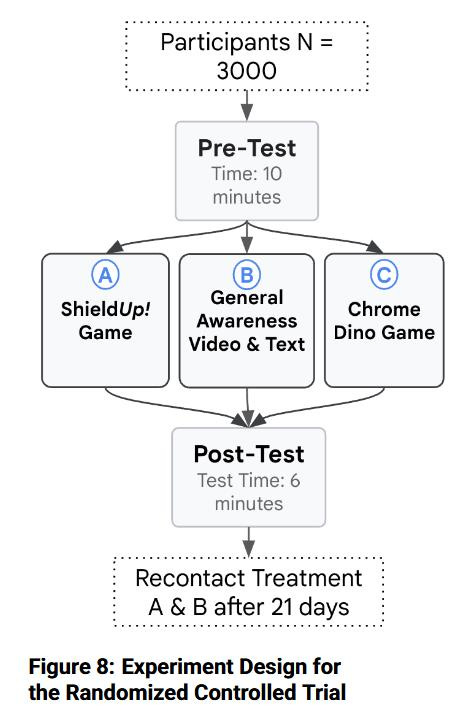The Story of Cornflakes and Psyche Games
During World War II, American spymaster William Donovan had a bold idea. He believed that before you win a war on the battlefield, you have to win it in people’s minds. His Morale Operations Branch of the Office of Strategic Services (OSS), which also served as America’s primary psychological warfare agency, didn’t just train spies to sneak behind enemy lines, they taught them to sniff out Nazi propaganda, spot emotional manipulation, and resist psychological traps. They even designed fake mailbags and dropped them near bombed trains, a sly move called Operation Cornflakes, to sneak forged letters and underground newspapers deep into Nazi Germany. Donovan called this “subversive warfare,” a mental battle to make enemy soldiers and occupied citizens question everything before they picked up a gun.

Today, we’re fighting a different kind of battle, not in muddy trenches, but on glowing phone screens. The goal, though, is surprisingly similar: build mental defences before the attack comes.
India has a scam problem so big it would make a mafia don blush. Between January and April 2024 alone, Indians lost over ₹1,700 crore to online fraud. UPI scams, fake customer care calls, bogus job offers , they arrive daily, buzzing in pockets and flashing on screens. According to a YouGov survey, nearly half of urban Indians know someone who has lost money this way. Most of us think we’re too smart to fall for these tricks , until we do.
Abhishek Roy, Narsi G, and Sujata Mukherjee built something unexpected: a mobile game called “ShieldUp” to solve this issue. Instead of boring lectures or endless checklists, it offers players a chance to live through scams in a simulated world. You get a frantic message from a “bank official” about a frozen account. You see a too good to be true crypto investment. You feel the little spike of panic or greed, and then, before you act, the game reveals the playbook behind the con. This approach leans on "inoculation theory," a psychological idea first formalised in the 1960s by William McGuire. Just as vaccines introduce a weakened version of a virus to help your immune system prepare, inoculation theory suggests that exposing people to a diluted attack on their beliefs, and showing them how to counter it, builds mental antibodies.
ShieldUp! put this to the test in a study of 3,000 Indian users. One group played the game. Another watched classic scam awareness videos. A third group played the beloved Chrome dinosaur game (some purely for nostalgia, no doubt). The result? Players of ShieldUp! were significantly better at spotting scams, even weeks later.
More interestingly, there was a short lived side effect: after playing, people became slightly suspicious of genuine offers. But this faded within 21 days. It’s as if their critical radar recalibrated itself , ready to question, but not to distrust everything.
What makes ShieldUp! fascinating isn’t just that it works. It’s how it flips our assumptions about learning and trust. Traditional campaigns assume that if we simply dump enough information on people , endless “dos and don’ts” , they’ll change their behaviour. But as decades of psychological research shows, knowledge alone rarely moves us. Emotions, urgency, social proof , these are the weapons scammers wield, and ironically, they are the same levers that can be used to protect us, if designed well.
Perhaps the most striking part of this study is not that people learned something new, but that they unlearned their blind spots. Like the soldiers in 1943, it’s not about knowing every specific danger. It’s about building a general muscle of resistance.
And if you’re wondering what to do next, maybe it’s not about buying a new antivirus app or memorising another list of “ten signs of fraud.” Instead, play the game, train your mental judo, and invite that quiet, annoying voice in your head to ask: “Wait, does this make sense?”
We might not stop all scams tomorrow, but one small pause could mean your next weekend isn’t spent on hold with your bank, explaining why you sent ₹50,000 to a "friend" stuck in "London."
As the ancient saying almost goes: forewarned is forearmed , and if that warning comes through a cheeky mobile game rather than a boring brochure, all the better.



